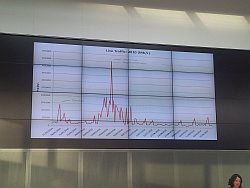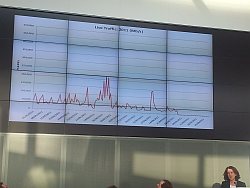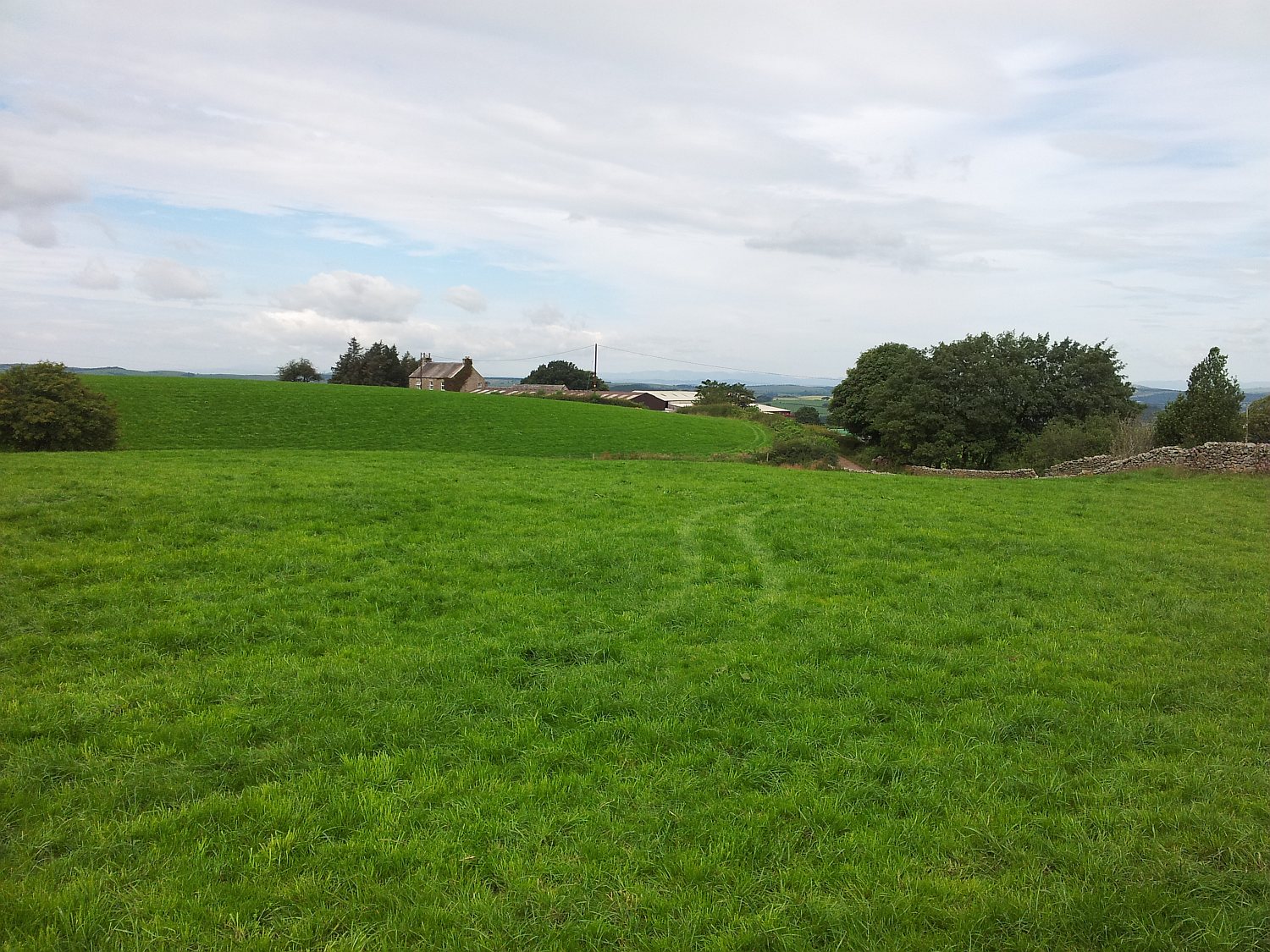It looks like nothing was found at this location. Maybe try a search or one of the links below?
My name is Scott Wakefield. I am a broadband enthusiast and I live in Brocton, Stafford. I have recently come along your website to understand that you have connections with BT, and potentially other companies. Brocton is somewhat a rural area and as you would expect, BT do not care for our community. After ruthless complaining and many letters, emails and phone calls, neither BT, Virgin Media, Stafford Borough Council, Staffordshire County Council, the ISPA or Ofcom will do anything about it.
My area receives on average between 0.05Mbps – 0.17Kbps (50Kbps – 170Kbps) which is staggeringly slow. When I called up Virgin Media (whom is my current ISP as I switched from BT since a BT engineer thought I was being capped), I was guaranteed that I would receive “the slowest would be of 0.5 and the maximum would be 2.4Mbps”























